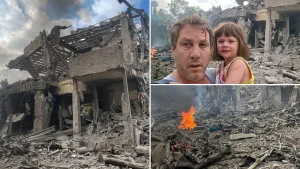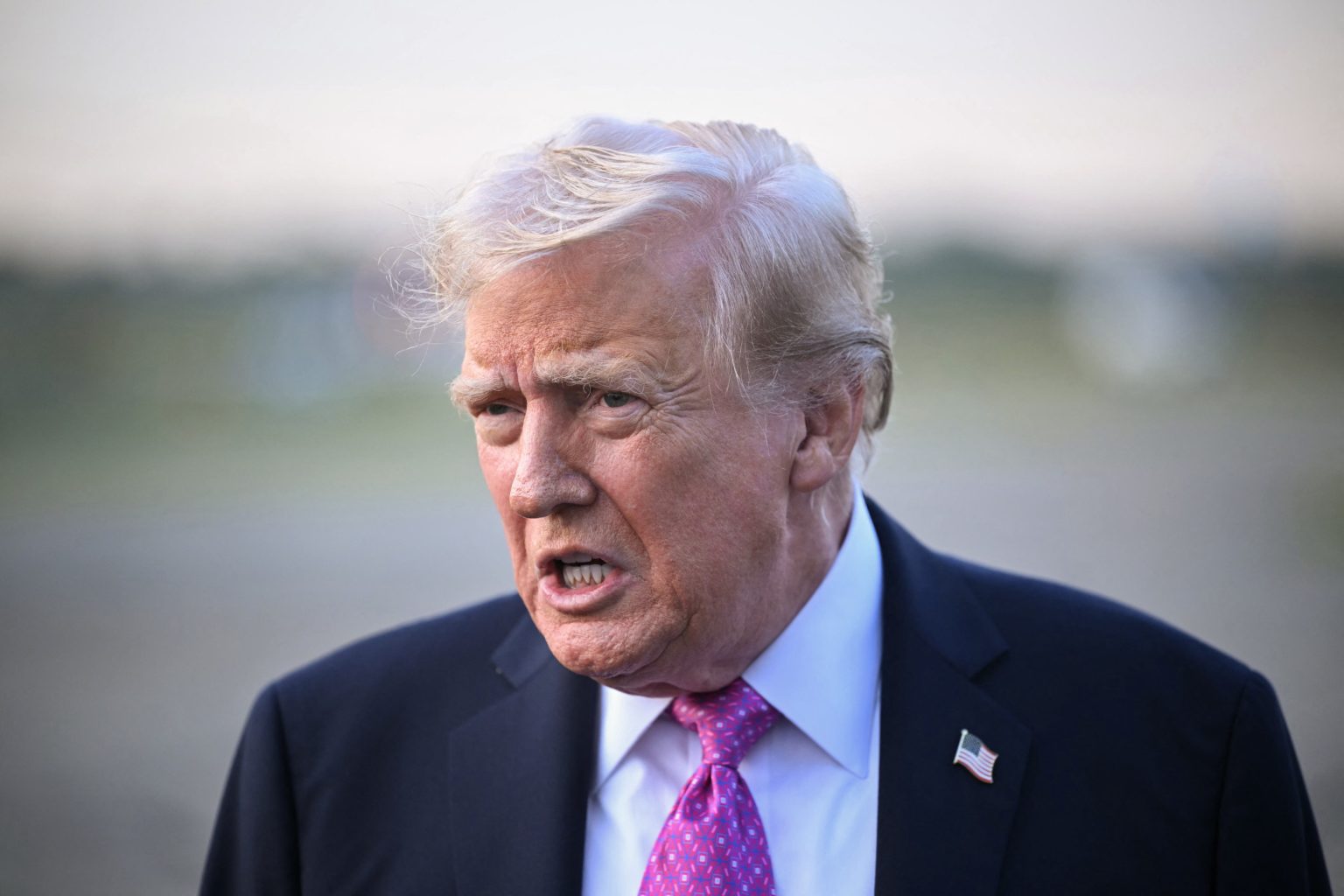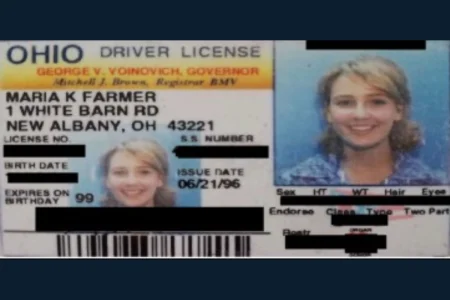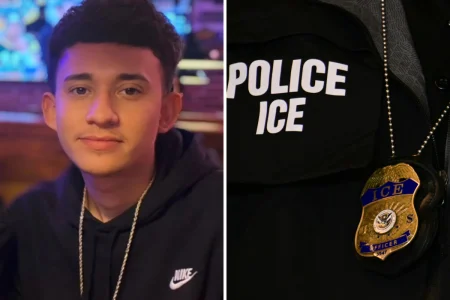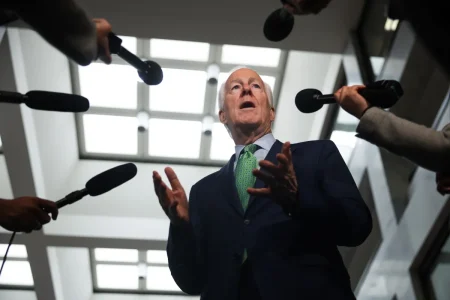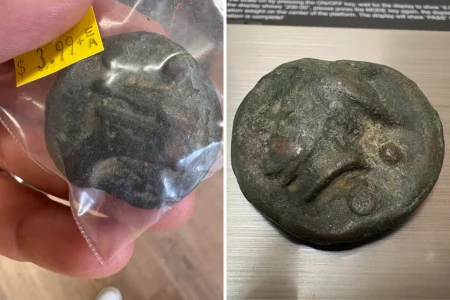Trump Addresses Horrific Murder in Dallas, Linking Immigration Concerns to Public Safety
In a measured response that has ignited further discussion on immigration policy and public safety, former President Donald Trump has commented on the tragic murder of Chandra Nagamallaiah in Dallas, Texas. The case, which has shocked the local community due to its brutality, involves allegations that the victim was beheaded in a machete attack. Trump’s statements, made through his Truth Social platform, identified the suspect as Yordanis Cobos-Martinez, whom he described as “an ILLEGAL ALIEN from Cuba who should have never been in our Country.”
The former president’s commentary on this tragic incident reflects the ongoing national conversation about immigration enforcement and the screening of individuals entering the United States. Trump emphasized that the suspect “was previously arrested for terrible crimes,” suggesting a potential failure in the criminal justice system that allowed someone with a prior record to remain in the country. His statement that “this criminal, who we have in custody, will be prosecuted to the fullest extent of the Law. He will be charged with murder in the first degree!” demonstrates his continued focus on law and order issues, even while out of office. The case touches on complex questions about how immigration status intersects with criminal justice, and whether systems designed to identify potentially dangerous individuals are functioning effectively.
The horrific nature of the crime—a beheading carried out with a machete—has intensified public reaction to the case. While details continue to emerge about the circumstances surrounding Nagamallaiah’s death, the sheer brutality has left the Dallas community reeling. Law enforcement officials are still investigating the relationship between the victim and the alleged perpetrator, as well as any potential motives for the attack. The case represents not just a devastating loss for Nagamallaiah’s family and friends, but also raises concerns about violent crime in urban areas and the efficacy of preventative measures meant to protect community members from such extreme violence.
Trump’s decision to highlight the immigration status of the accused speaks to his longstanding political position on border security and immigration enforcement. Throughout his presidency and subsequent political career, Trump has frequently connected immigration policy to public safety concerns, arguing that more stringent border controls would prevent certain violent crimes. Critics of this approach point out that research on immigration and crime rates often shows that immigrant populations do not commit crimes at higher rates than native-born citizens, while supporters maintain that any preventable crime committed by someone who entered the country illegally represents a policy failure. This case will likely become another data point in the ongoing national debate about immigration policy, particularly as the legal proceedings against Cobos-Martinez unfold.
The judicial process for Cobos-Martinez is just beginning, with charges of first-degree murder anticipated according to Trump’s statement. The American legal system presumes innocence until proven guilty, and the accused will have constitutional rights to legal representation and due process, regardless of immigration status. The prosecution will need to present evidence establishing both the commission of the crime and the requisite mental state for first-degree murder, which typically requires premeditation. The defense may challenge aspects of the investigation, question the evidence, or present mitigating factors. The outcome of this case will be watched closely by those interested in both immigration policy and criminal justice, as it touches on the intersection of these two complex systems.
As this story continues to develop, additional information about both the victim and the accused will likely emerge. Chandra Nagamallaiah’s life story, contributions to the community, and the circumstances that led to this tragic end deserve recognition beyond simply being identified as a victim of a violent crime. Similarly, a more complete understanding of Yordanis Cobos-Martinez’s background, including how and when he entered the United States, his previous interactions with law enforcement, and other relevant details, will help contextualize this case within broader policy discussions. While Trump’s statements have already framed the incident within a particular political narrative about immigration, the full complexity of human lives and systemic issues involved extends far beyond any single political perspective. The Dallas community, meanwhile, must begin the difficult process of healing from this shocking act of violence while waiting for justice to be served through the legal system.

